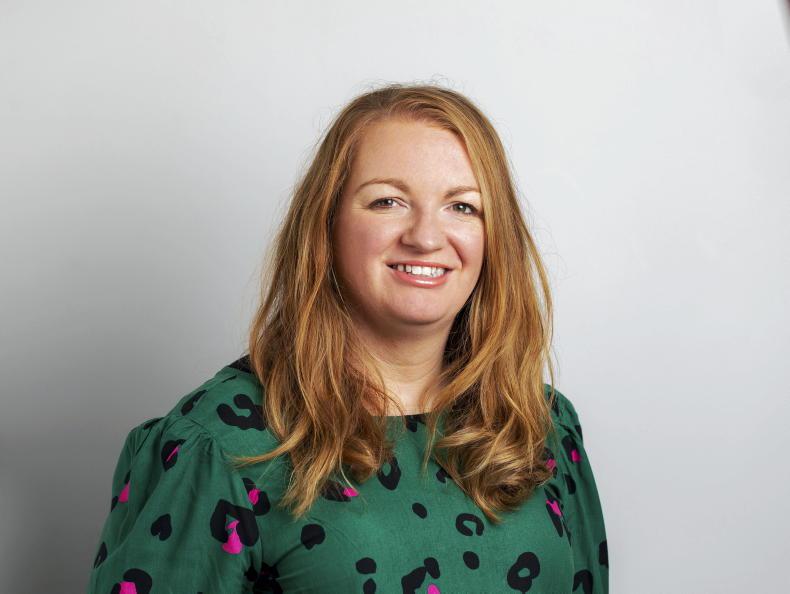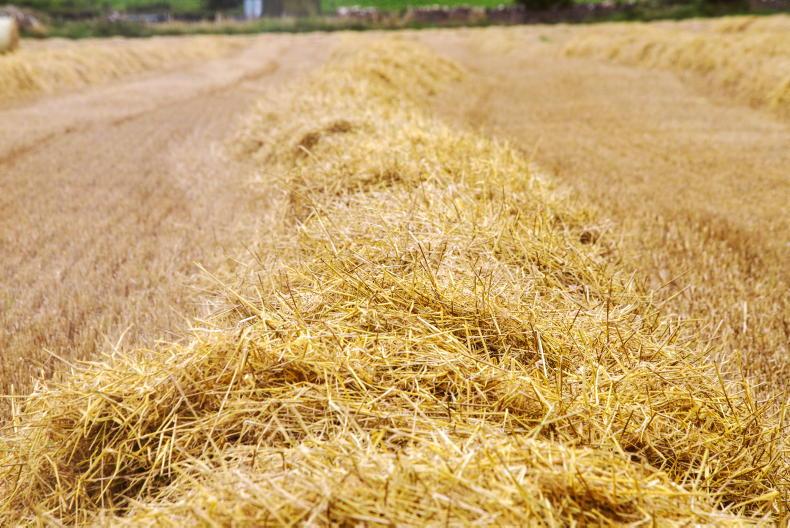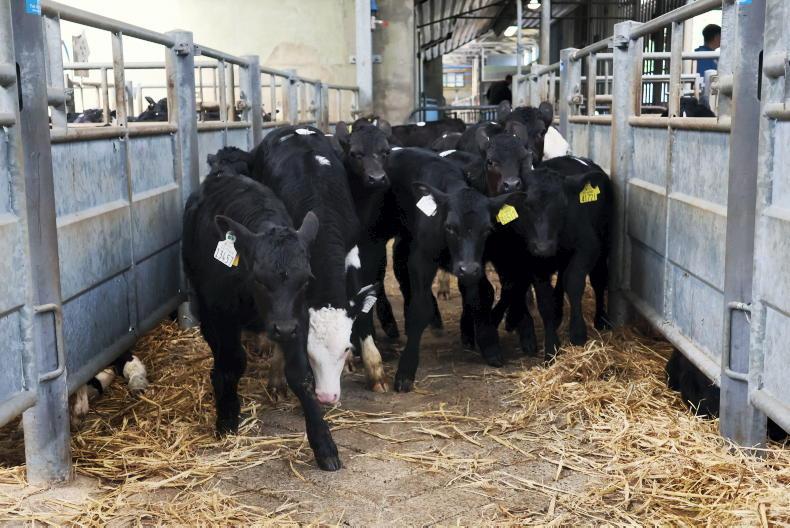What to make of the success of the Dutch Farmer-Citizen Movement, known as the BBB, in this week’s senate elections?
It's certainly a seismic moment. The party, less than four years old, has just won 20% of the vote in provincial elections.
This in turn will see it claim 20% of the seats in the Dutch upper house, the senate.
With 15 of the 75 seats, it will be the largest single party in the senate. For context, the four-way government coalition will hold 24 seats, a drop of eight.
The man who has led the government for the last 13 years, Mark Rutte, has some big decisions to make, and fairly quickly.
While a general election isn't required before 2025, there was speculation that he might go to the country for a fresh mandate later this year. This result makes that prospect less likely.
Were the provincial election results to be repeated in a general election, the BBB would have 30 of the 150 seats in the House of Representatives (the Dutch Dáil). It would be difficult to form a coalition around them.
Who are the BBB?
Most political commentators describe the BBB as being a right-of-centre populist party. Initially formed to give a political voice to the farmer protests against the government’s plans for the sector, the BBB only gained 1% of the national vote in the 2021 general election. Party leader (and founder) Caroline van der Plas took the party's solitary seat.
Interestingly, van der Plas is half-Irish. He mother, Nuala Fitzpatrick, was a political representative for the Christian Democratic Appeal (CDA), a party that would be regarded as right of centre, but centrist, similar to Fianna Fáil and Fine Gael in Ireland.
Ms van der Plas also was a member of the CDA and an agricultural journalist and adviser.
Having broken away to form the BBB, she now finds herself at the centre of a significant shift in representative politics in one of Europe's most stable democracies.
Is there room for an Irish BBB?
There are some parallels between the dynamic in Irish politics and the BBB's emergence. The imposition of environmental restrictions on farming, the sense among some in rural areas that their voice is not being heard within government and a broader conservative resistance to what could loosely be called the "progressive agenda".
I wouldn't be heading to the bookies to put money on the prospect of getting those independents into anything more formal
Indeed, you could put most of Ireland's 19 rural independent TDs into some or all of those categories.
But I wouldn't be heading to the bookies to put money on the prospect of getting those independents into anything more formal than the three loose alliances they have currently settled into.
That said, I'm sure the Healy-Raes, Mattie McGrath, Carol Nolan, Richard O'Donoghue and Michael Collins are watching Dutch developments closely.
The Rural Independents group they belong to seem to tick all the BBB boxes. Could they attract a slew of candidates from across rural Ireland to form a national platform? Could such a broad alliance condense into a political party?
Populism takes many forms
The BBB is not the only pop-up populist party to have gained overnight success across Europe.
Emmanuel Macron founded Renaissance, or En Marche! as it was originally known, in 2016. The following year, following Macron's election as president of France, the party won 308 seats, and an overall majority, in France.
Renaissance is a centrist party, which broke the left-right divide in French politics wide open. The tide went out for them in the last general election, but they still hold 155 seats of the 577 seats in the French parliament.
Some people pushed for a similar party to emerge in the UK in the Corbyn-Johnson era, but it never happened.
In Italy, the Fratelli d'Italia (Italian Brotherhood) is 10 years old and regarded as a hard-right party. It now holds 118 of the parliament’s 400 seats and party leader Georgia Meloni is prime minister.
Farmers feel targeted by Government
Is there a populist party in Ireland? Fianna Fáil has sometimes been described as a populist party, with a broad range of support. Sinn Féin is now being tagged with the same label by some.
'Populist' is generally used as a derogatory term, but the BBB would hold that it represents the sincerely-held views of large swathes of society across a broad range of issues.
With nitrates, rewetting, afforestation, rural planning and a host of related issues, many farmers feel targeted by Government.
Turf-cutting has been a trigger issue for rural communities in the midlands and west for a decade now - it was the issue that launched the electoral success of Luke Ming Flanagan and Michael Fitzmaurice.
Others like Cathal Berry and Matt Shanahan were single-issue candidates on local issues such as hospital services.
Denis Naughten left Fine Gael over Roscommon Hospital; other independents found themselves outside their previous political parties over social issues.
It is conceivable that such diverse political strands could coalesce into a rural party, but the established 'big three' of Sinn Féin, Fine Gael and Fianna Fáil would all hold that they have deep roots in rural communities and constituencies.
Time will tell.









SHARING OPTIONS